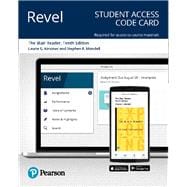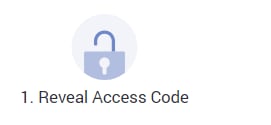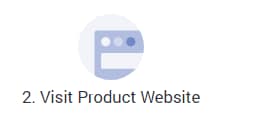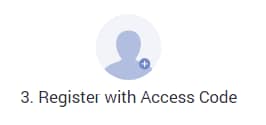For courses in first-year Composition.
Promotes students’ active and critical reading skills to encourage effective writing
Known for its curated selection of readings, the Blair Reader introduces the enduring issues students confront as citizens in the twenty-first century. Students are encouraged to contribute to these conversations in the wider world by responding to the ideas of others.
Classic and contemporary selections stimulate discussion, encouraging them to discover new ideas and to view familiar ideas in new ways. The readings represent diverse ideas and genres; students read essays, speeches, and short stories. Every selection is followed by questions to promote critical thinking and response about the reading and the theme, both to complement the readings and to support instruction. Thoughtfully revised, the 10th Edition includes new readings, new study questions and writing and research prompts, and new full-color visuals with an engaging design.
Revel™ is Pearson’s newest way of delivering our respected content. Fully digital and highly engaging, Revel replaces the textbook and gives students everything they need for the course. Informed by extensive research on how people read, think, and learn, Revel is an interactive learning environment that enables students to read, practice, and study in one continuous experience — for less than the cost of a traditional textbook.
NOTE: Revel is a fully digital delivery of Pearson content. This ISBN is for the standalone Revel access card. In addition to this access card, you will need a course invite link, provided by your instructor, to register for and use Revel.











